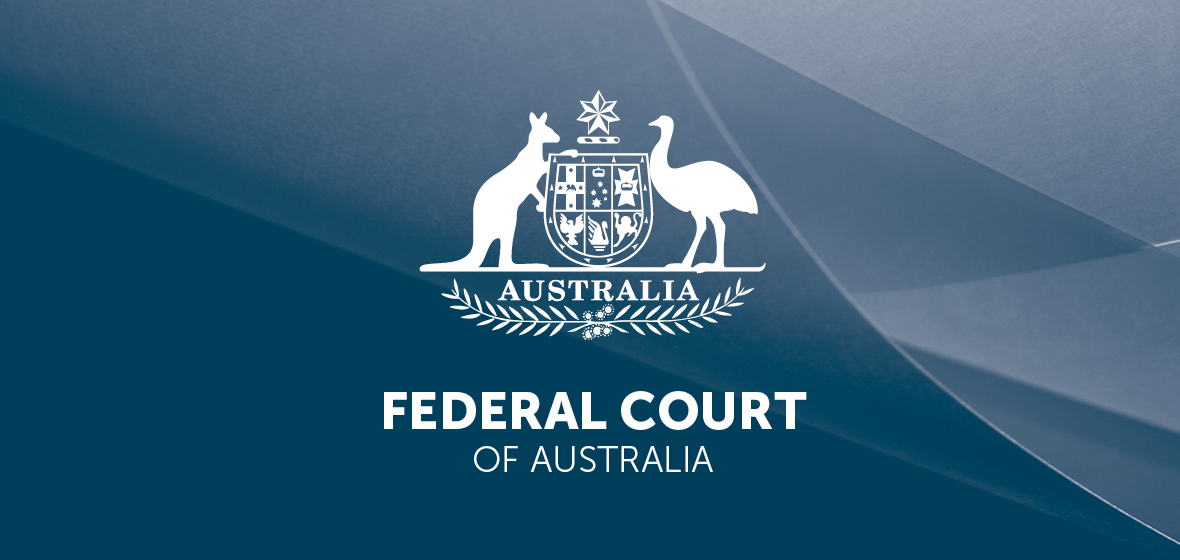Key decisions
- Hi-Rise Access Pty Ltd v Standards Australia Limited [2017] FCA 604
- REA Group Limited v Fairfax Media Limited [2017] FCA 91
- Director of Consumer Affairs Victoria v Gibson [2017] FCA 240
- Australian Competition and Consumer Commission v Get Qualified Australia Pty Ltd (in liquidation) (No 2) [2017] FCA 709
- 470 St Kilda Road Pty Ltd v Robinson [2017] FCA 597
Consumer law cases
In trade or commerce?
In Hi-Rise Access Pty Ltd v Standards Australia Limited [2017] FCA 604 (30 May 2017) the Federal Court gave its judgment on a separate trial as to whether certain alleged representations were made and, if made, whether those representations were made ‘in trade or commerce’. The defendants denied that any of the representations were made ‘in trade or commerce’ as required by s 18 of the Australian Consumer Law (‘ACL’) in Schedule 2 of the Competition and Consumer Act 2010 (Cth).
The key question before the Court was whether activities of the peak Australian Standards body in developing, publishing and promoting Australian Standards is ‘in trade or commerce’ within the meaning of s 18 of the ACL. The Court (Murphy J) dismissed the proceeding on the basis that the relevant activities of Standards Australia were not, by their nature, of a trading or commercial character and its conduct was therefore not ‘in trade or commerce’ (at [7]).
Justice Murphy summarised his reasons at [6]: ‘I have found that the impugned statements conveyed some of the alleged representations, but I am not persuaded that they were made “in trade or commerce”. The evidence shows that Standards Australia operates in a quasi-government role in conjunction with the Commonwealth Government to facilitate the development of Standards and to promote the benefits of Standards and standardisation in the public interest. In my view it does not do so in pursuit of trading or commercial objectives. I consider that Standards Australia’s activities in developing, publishing and promoting Standards are directed to the interests of the Australian community because of the economic, regulatory, safety and other benefits that flow from standardisation. It is uncontentious that Standards Australia earns significant income through royalty payments from SAI Global Limited (‘SAI’), the company to which it has granted a worldwide licence to publish, distribute and sell Standards and related products. However, in my view the evidence does not support the conclusion that Standards Australia’s relevant activities were designed to increase sales of Standards for the commercial benefit of either itself or SAI.’
The Court discussed the applicable principles for the requirement that misleading or deceptive conduct, or conduct that is likely to mislead or deceive, occurs ‘in trade or commerce’ (at [131]-[142]). The leading authority (which was discussed by the Court) is still Concrete Constructions (NSW) Pty Ltd v Nelson (1990) 169 CLR 594 (at [135]).
Also referred to was the case law concerning whether the relevant conduct may relate to the trade or commerce of a party other than the representor (at [161]-[165]).




